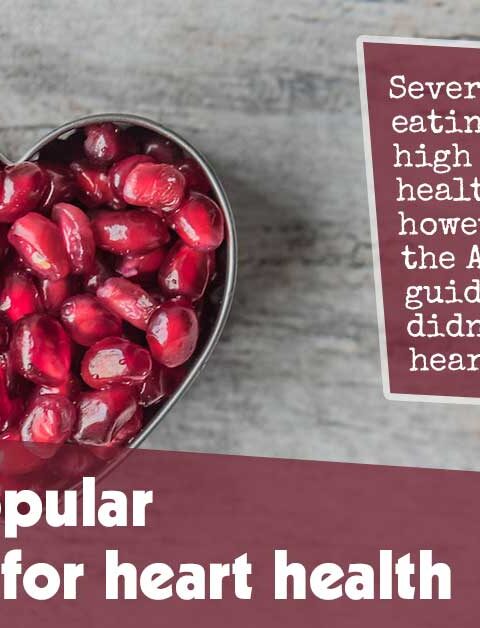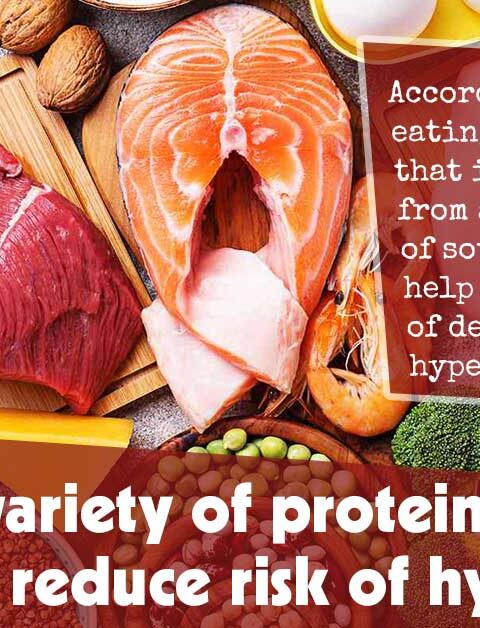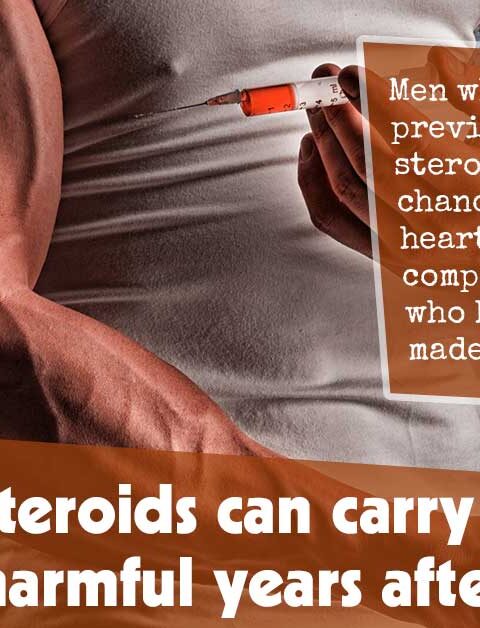A Mediterranean diet rich in polyphenols significantly improved proximal aortic stiffness, an indicator of increased cardiovascular risk and vascular aging marker.
Researchers conducted the large-scale DIRECT PLUS clinical trial and compared a green Mediterranean diet with standard Mediterranean and recommended healthy dietary control diets, respectively.
Studies revealed that following a green Mediterranean diet led to a 15% reduction in proximal aortic stiffness, while standard Mediterranean diet led to 7.3% and healthy guideline diet led to 4.8% regressions respectively.
DIRECT PLUS was an 18-month clinical trial involving 300 individuals that used magnetic resonance imaging (MRI) scans to measure aortic stiffness.
Aortic stiffness is a measure of the blood vessel wall’s elasticity, and occurs when elastic fibers begin to fray due to mechanical stress on its walls.
The proximal thoracic aorta comprises the ascending aorta, the aortic arch and upper descending aorta; these play an essential role in transporting oxygen-rich blood from the heart’s left ventricle to tissues and organs throughout the body.
Proximal Aortic Stiffness (PAS) is an independent cardiovascular disease risk factor and an indicator of aging to predict mortality and morbidity.
This modified green Mediterranean diet stands out from its Mediterranean counterpart due to the higher consumption of polyphenol-rich dietary items with numerous health advantages and the reduced intake of processed and red meat products.
Green Mediterranean diet group participants included not only eating 28 grams of walnuts daily, but also drinking 1 cup of Mankai duckweed shake and 3 to 4 cups of green tea daily for 18 months – this aquatic plant boasts over 200 types of polyphenols, B12, bioavailable iron and protein that offer an alternative source of nutrition to meat products.
The findings from this research demonstrated that diet quality is vital to lowering cardiometabolic risk, mobilizing atherogenic adipose tissues, and improving an individual’s adiposity profile.
Switching out red meat for quality plant-based proteins rich in polyphenols could potentially boost multiple aspects of health.
The study’s results demonstrate that not all diets offer equal advantages and suggest that green Mediterranean Diet may improve cardiovascular health.
Maintaining a healthy diet alone has been linked with the regression of proximal aortic stiffness. A green Mediterranean diet could offer up to 15% reduction, achieved through simple lifestyle and diet changes that could produce meaningful improvements.







